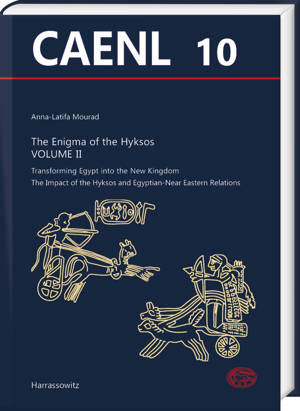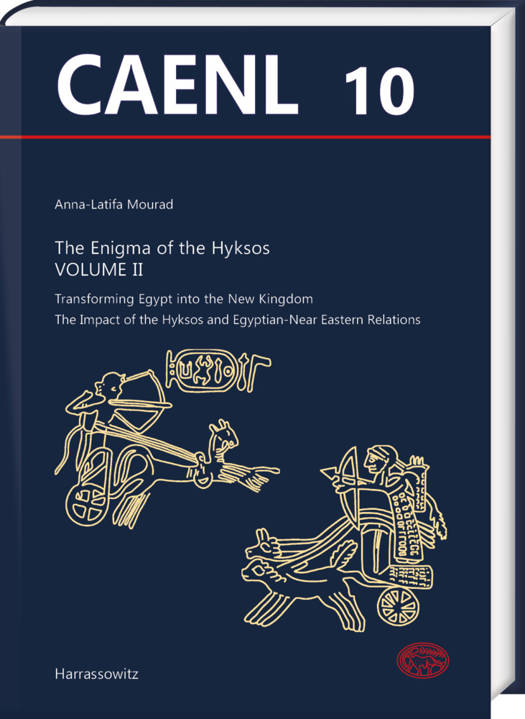
Bedankt voor het vertrouwen het afgelopen jaar! Om jou te bedanken bieden we GRATIS verzending (in België) aan op alles gedurende de hele maand januari.
- Afhalen na 1 uur in een winkel met voorraad
- In januari gratis thuislevering in België
- Ruim aanbod met 7 miljoen producten
Bedankt voor het vertrouwen het afgelopen jaar! Om jou te bedanken bieden we GRATIS verzending (in België) aan op alles gedurende de hele maand januari.
- Afhalen na 1 uur in een winkel met voorraad
- In januari gratis thuislevering in België
- Ruim aanbod met 7 miljoen producten
Zoeken
The Enigma of the Hyksos Volume II
Transforming Egypt Into the New Kingdom. the Impact of the Hyksos and Egyptian-Near Eastern Relations
Anna-Latifa Mourad
€ 300,45
+ 600 punten
Omschrijving
Egypt's New Kingdom emerged from a period of regionalisation, when local communities had developed according to different trajectories that gave rise to diverse socio-cultural transformations. Dynamic and multifaceted, these processes involved a range of internal and external forces, some of which were influenced by cultural encounters. Indeed, those with the 'rulers of foreign lands', the Hyksos, have been commonly associated with the introduction of a host of ideas and entities into Egypt. However, the validity and extent of the impact of the Hyksos on the New Kingdom remain insufficiently addressed. Anna-Latifa Mourad explores these points of enquiry, but also expands its analysis in line with current theoretical understandings on the complexity of cultural encounters. Her study ascertains whether and how consistent Egyptian-Near Eastern encounters in the Middle Bronze Age influenced New Kingdom society, and culture. By assessing a range of archaeological, artistic, and textual material, it clarifies contexts of encounters as well as interrelated agents and mechanisms, questioning the fate of those ruled by the Hyksos. It elucidates the tangible and intangible effects of contact on historical, socio-political, religious, and technological developments, revealing how, amid the many processes of negotiation and change, elements from the Near East seeped into the dynamic and complex socio-cultural framework of Egypt, as it irreversibly transformed into the New Kingdom.
Specificaties
Betrokkenen
- Auteur(s):
- Uitgeverij:
Inhoud
- Aantal bladzijden:
- 464
- Taal:
- Engels
- Reeks:
- Reeksnummer:
- nr. 10
Eigenschappen
- Productcode (EAN):
- 9783447115902
- Verschijningsdatum:
- 4/08/2021
- Uitvoering:
- Hardcover
- Formaat:
- Genaaid
- Afmetingen:
- 218 mm x 302 mm
- Gewicht:
- 1859 g

Alleen bij Standaard Boekhandel
+ 600 punten op je klantenkaart van Standaard Boekhandel
Beoordelingen
We publiceren alleen reviews die voldoen aan de voorwaarden voor reviews. Bekijk onze voorwaarden voor reviews.









